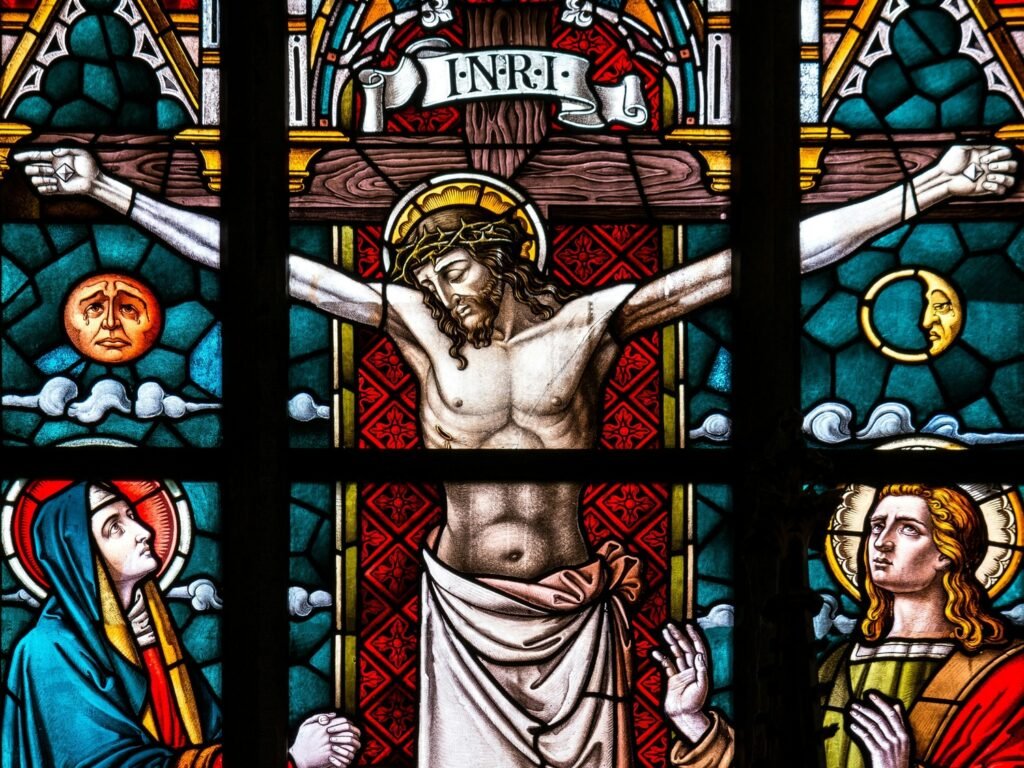Psalm 79 stands as a poignant cry from a community in distress, reflecting a tumultuous period in ancient Israel’s history. This article delves into the historical, cultural, and theological backdrop of Psalm 79, offering a detailed exploration of its context, significance, and enduring relevance. By examining the events surrounding its composition, the societal conditions of the time, and the psalm’s literary structure, readers can gain a deeper understanding of this powerful biblical text.
Historical Setting of Psalm 79
Psalm 79 is widely attributed to the period of the Babylonian destruction of Jerusalem in 587/586 BCE, a catastrophic event that reshaped the trajectory of ancient Israel. This psalm, often classified as a communal lament, captures the anguish of a people whose sacred city and temple were desecrated. The Babylonian conquest, led by King Nebuchadnezzar II, resulted in the fall of Jerusalem, the destruction of Solomon’s Temple, and the exile of many Judahites to Babylon. The vivid imagery of defiled sanctuaries and scattered bodies in Psalm 79:1-2 mirrors the historical accounts found in 2 Kings 25 and Jeremiah 52, which describe the siege, starvation, and devastation inflicted upon the city.
The historical context is critical to understanding the psalm’s tone of desperation. The fall of Jerusalem was not merely a military defeat but a theological crisis for the Israelites, who viewed the temple as God’s dwelling place. The destruction challenged their understanding of divine protection and covenant, prompting the raw outcry found in the psalm. Archaeological evidence, such as the Lachish Letters, further corroborates the widespread destruction and societal collapse during this period, providing a tangible backdrop to the psalm’s pleas for divine intervention.
Authorship and Literary Structure
Traditionally ascribed to Asaph, a Levite and temple musician, Psalm 79 is part of the Asaphite collection (Psalms 50, 73–83). While the exact authorship remains debated, the psalm’s communal voice suggests it was composed or adapted for corporate worship, likely during or shortly after the Babylonian exile. Its structure follows the typical pattern of a lament psalm: an invocation to God, a description of the crisis, petitions for deliverance, and a concluding note of hope or praise. This framework allowed the community to express collective grief while reaffirming trust in God’s justice.
The psalm’s literary features enhance its emotional weight. Vivid metaphors, such as the temple being “defiled” and Jerusalem reduced to “ruins” (Psalm 79:1), evoke the scale of the tragedy. The use of parallelism, a hallmark of Hebrew poetry, reinforces the urgency of the community’s pleas. For instance, the repeated calls for God to “see” and “avenge” (Psalm 79:5-6) underscore the intensity of their suffering and desire for restoration.
Cultural and Religious Significance
The cultural context of Psalm 79 reflects a society grappling with loss of identity. The temple was not only a religious center but also a symbol of national unity. Its destruction disrupted worship practices, festivals, and the priestly system, leaving the Judahites in spiritual and cultural disarray. The psalm’s references to neighboring nations mocking Israel (Psalm 79:4) highlight the shame and humiliation felt by a people who once saw themselves as God’s chosen.
Theologically, Psalm 79 wrestles with the question of divine justice. The repeated question, “How long, O Lord?” (Psalm 79:5), echoes the existential struggle of a community questioning why God allowed such suffering. Yet, the psalm also expresses hope in God’s covenant faithfulness, appealing to His compassion and power to restore the people. This duality of despair and hope makes Psalm 79 a timeless text for communities facing crises.
Relevance to Modern Readers
Psalm 79’s themes of suffering, communal lament, and hope resonate with contemporary audiences. Its historical context provides a lens for understanding how ancient communities processed trauma, offering insights for modern readers navigating personal or collective hardships. The psalm’s call for justice against oppressors (Psalm 79:6-7) parallels modern cries for accountability in the face of systemic wrongs. Furthermore, its emphasis on God’s mercy and forgiveness (Psalm 79:8-9) speaks to the universal human need for redemption and renewal.
The enduring power of Psalm 79 lies in its ability to articulate raw human emotion while pointing to divine hope. By studying its historical context, readers can appreciate the depth of its message and its relevance across centuries. Whether used in worship, personal reflection, or academic study, Psalm 79 remains a profound testament to resilience in the face of adversity.







